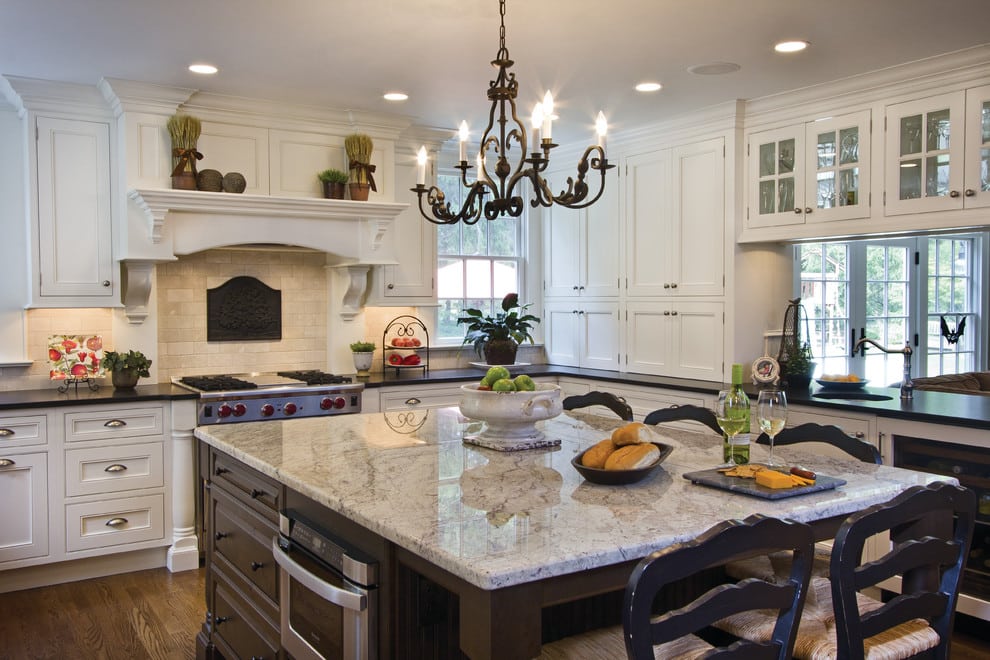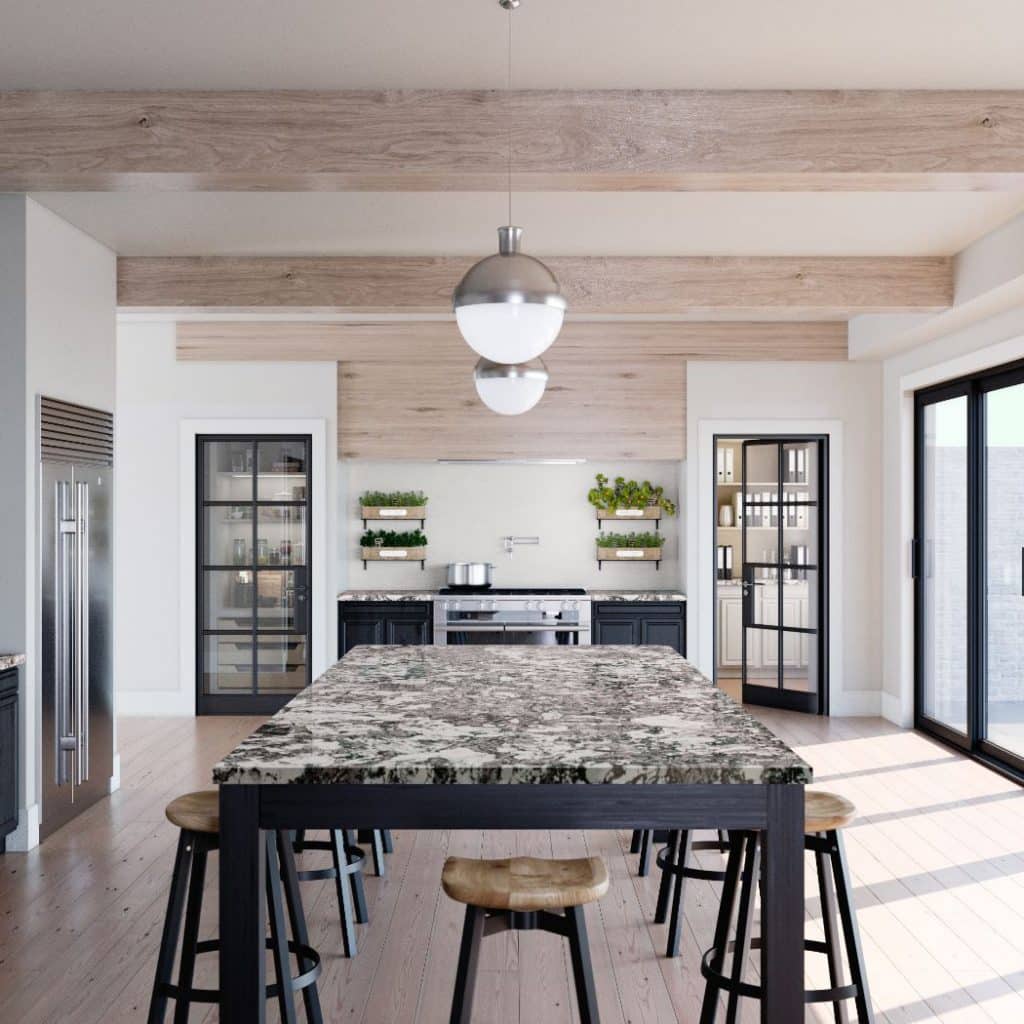Quartz vs. Granite: What You Need to Know
Quartz vs. granite countertops in Boston: what are the differences and which is the best? This are common questions people ask when trying decide if they should choose quartz or granite for their new countertops. In this article you will learn the basics of what you need to know before selecting which is best for you. Keep reading to find out more.
The Basics of Quartz vs. Granite Countertops in Boston
Quartz countertops in Boston are a combination of man-made resin and quartz. These are more prone to damages from heat compared to granite although staining is less likely. On the other hand, granite is a type of natural stone that requires application of sealer once a year. However, this is more affordable than quartz.
The battle of quartz vs. granite is a long standing one. But, which of these two is really a better option.

Granite verses Quartz
Benefits and Drawbacks of Quartz
Quartz is known to have its own set of pros and cons that make it a great option, especially for countertops.
- Quartz countertops are as equally strong as granite yet they have an added benefit of becoming more flexible. This makes them less likely to crack or chip.
- Quartz is a non-porous material and it doesn’t need any sealing at all. This stone provides a virtually maintenance-free work surface in the kitchen.
- Quartz is resistant to stains so if you drop a glass of wine on it, all you have to do is a quick cleanup.
- Despite being very durable, quartz cannot be regarded as indestructible.
- One disadvantage when it comes to quartz is that this can discolor after some time once it gets exposed to direct sunlight. When a part of your kitchen counter receives large amounts of the sun’s strong UV rays and the other part doesn’t, you will notice a color difference after some time.
- The seams of quartz counter are easily seen although you can make these less visible when you opt for a darker colored slab.

Granite vs. Quartz
Benefits and Drawbacks of Granite
Just like quartz, granite also has its pros and cons that you have to consider before you use it for your countertop.
- Granite is not uniform in appearance or color. This quality is a benefit for some while others might consider this as a disadvantage.
- Granite is very durable but it must never be regarded as indestructible. This is a type of natural rock that can chip or break once abused. However, if they are properly maintained and not abused, they can last for a long time.
- There is a need to seal granite countertops on a yearly basis for as long as you own your granite countertop.
- It is not possible to totally hide a granite counter’s seams but a reliable fabricator can make them difficult to spot.
- The available samples at stores can be a bit different from the stone you will receive. However, you can avoid unwanted surprises if you choose a full slab from a stone yard.
You can spend time browsing online to find a wide array of contrasting opinions when it comes to quartz vs. granite. One homeowner might tell you that you should definitely go for a quartz countertop but another might insist that granite counters are much better. But, at the end of the day, both options are good and it will depend on your personal needs and preferences as to what you will choose between these two.
If you’re looking for new countertops in Boston area. New View Marble & Granite is a leading factory direct countertop fabricator and installer. Our reputation is to provide quality countertops at the best prices in the area. Request a free estimate today.














